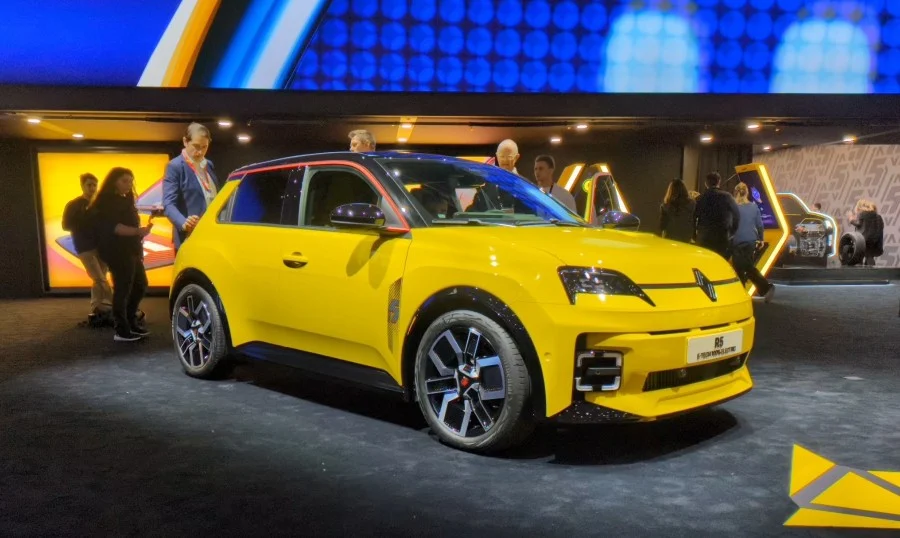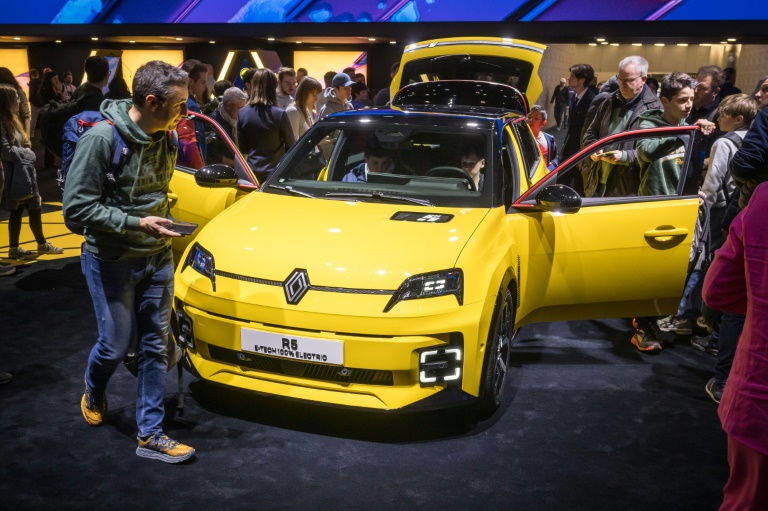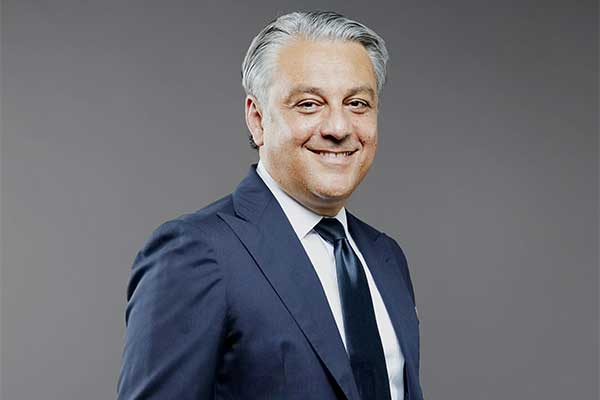Renault’s CEO, Luca de Meo, issues a compelling call to action to the European Union: Europe must embrace and incentivize the production of small, affordable cars, akin to Japan’s approach with Kei-cars. This call is not just for the betterment of the environment but also for job creation and the sustained vitality of the European automotive sector.
De Meo joins a growing chorus of concerned executives within the European automotive industry. In a meticulously crafted letter addressed to the European Union, he not only voices his apprehensions but also offers strategic insights and proposals.
One such proposal advocates for enhanced European collaboration, drawing inspiration from the successful model of Airbus, and advocates for the revival of small, economical vehicles that have dwindled due to stringent regulations.

“In the last two decades, the average cost of a compact car has surged from €10,000 to €25,000,” De Meo notes in his missive. “Simultaneously, the average annual expenditure on consumer mobility has ballooned from €3,500 to €10,000. However, during this period, average incomes have only risen by 37 percent, compelling the middle class to shy away from automobile ownership.” This economic reality is starkly reflected in European car sales figures, which plummeted from 13 million units in 2019 to 9.5 million by 2023.
De Meo identifies regulations as the primary culprit behind this quandary. “Driving a 2,500 kg electric vehicle on a daily basis is environmentally untenable,” he argues. “Yet, European safety and emission regulations pose formidable obstacles to the profitable manufacture of small cars, resulting in a 40 percent decline in sales within this segment over the past two decades.”
He underscores the scarcity of genuinely compact cars, with models in the Clio and Polo categories veering towards larger, heavier, and costlier options, not to mention their SUV counterparts.
The imperative for change, De Meo emphasizes, extends beyond economic considerations to environmental concerns. He contends that small, uncomplicated cars wield up to 75 percent less environmental impact than their larger counterparts, inadvertently incentivized by prevailing regulations.

He advocates for a shift mirroring Japan’s embrace of “Kei cars,” characterized by stringent size and engine capacity limits. Implementing similar measures in Europe, De Meo suggests, could swiftly reverse the current trajectory, bolstered by initiatives such as social leasing schemes, complimentary parking, preferential charging rates, and reduced loan interest.
However, De Meo stresses that the production of these small cars must be rooted in Europe, underscoring the broader objective of nurturing a robust European automotive sector. Achieving this necessitates closer collaboration among manufacturers and governments, akin to the successful model exemplified by Airbus in the aviation industry.
Despite European automotive companies’ relative size vis-à-vis their Asian and American counterparts, De Meo asserts that they confront similar challenges, albeit within a European context. He highlights the pressing need to overcome regulatory hurdles that hinder competitiveness, particularly amidst China’s aggressive market expansion and protectionist policies in the United States.
The significance of the European automotive industry cannot be overstated, asserts De Meo, as it accounts for 7 percent of all European employment and 8 percent of production jobs, while also making substantial investments in Research & Development.
However, he warns that Europe risks falling behind due to excessive regulatory burdens and insularity, particularly in the face of emerging global competitors. De Meo concludes by advocating for multifaceted interventions to fortify Europe’s automotive industry and enable it to compete effectively on the global stage.

